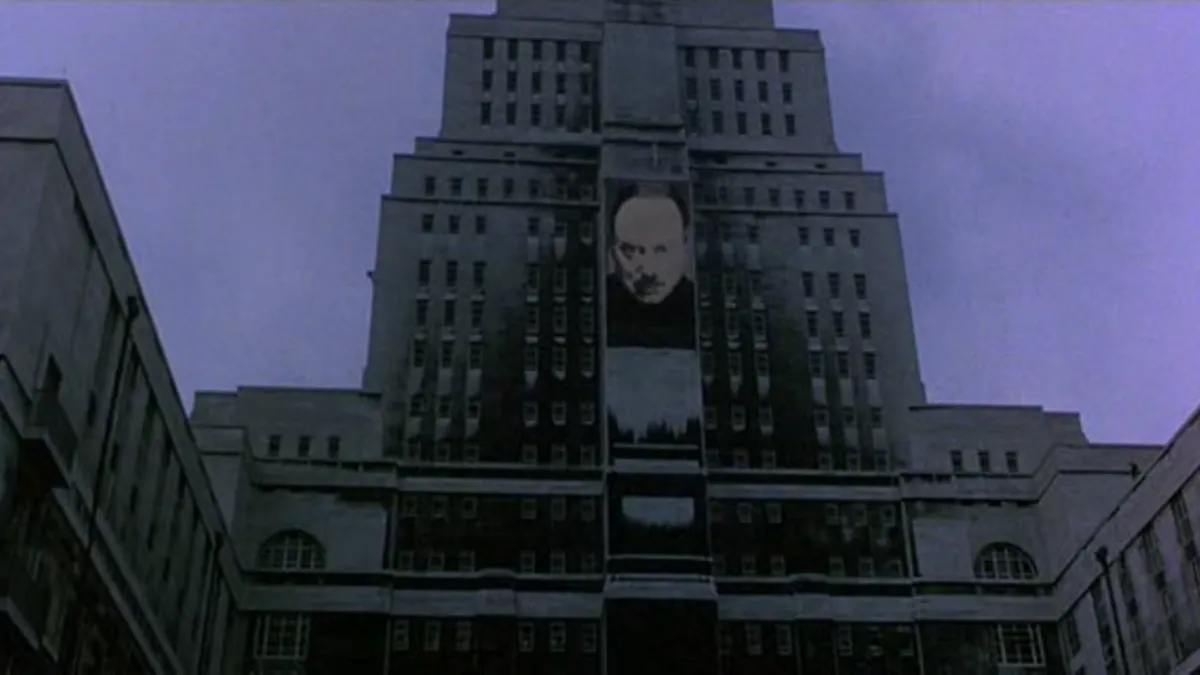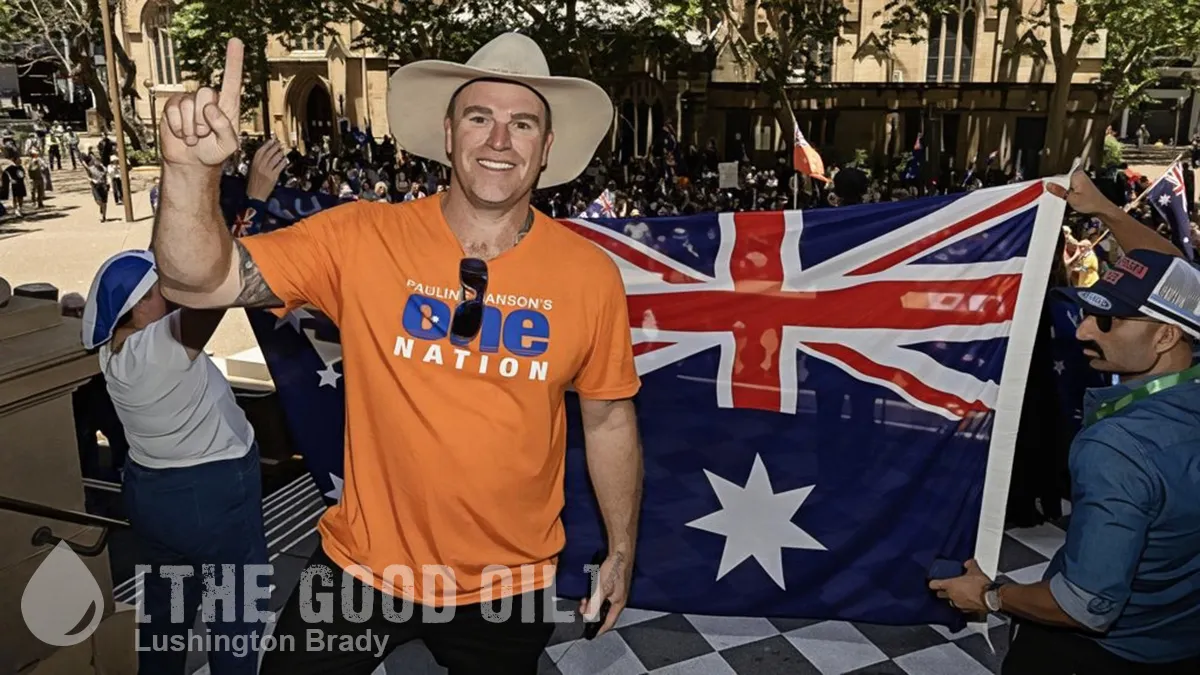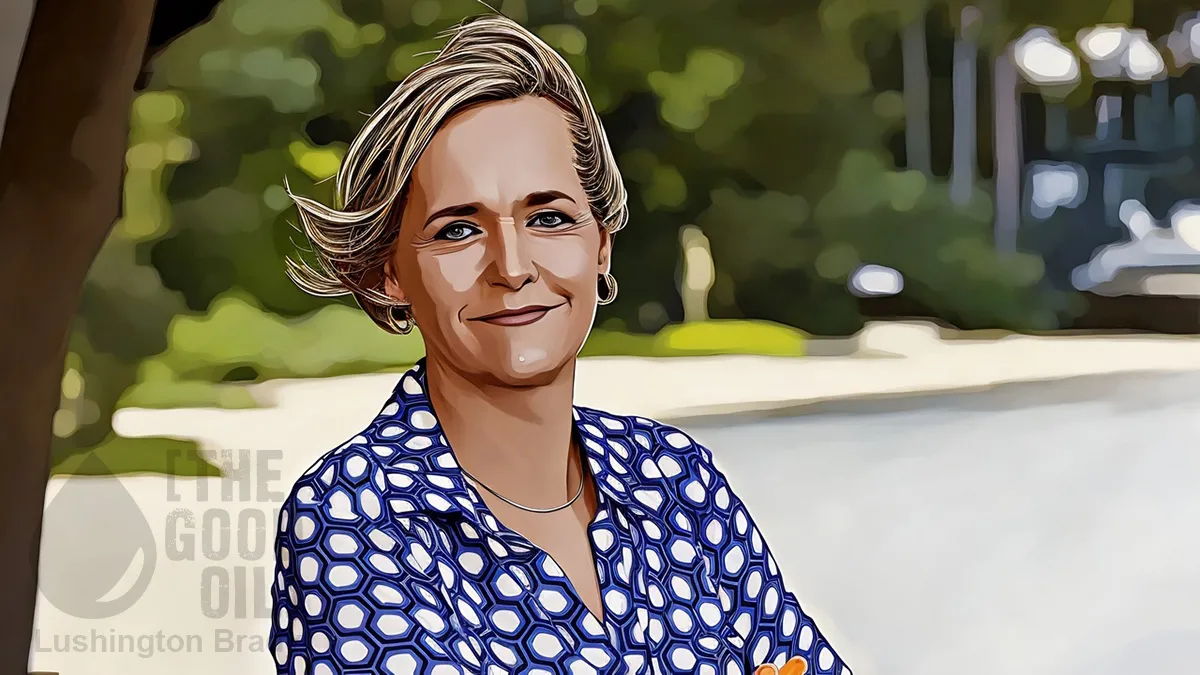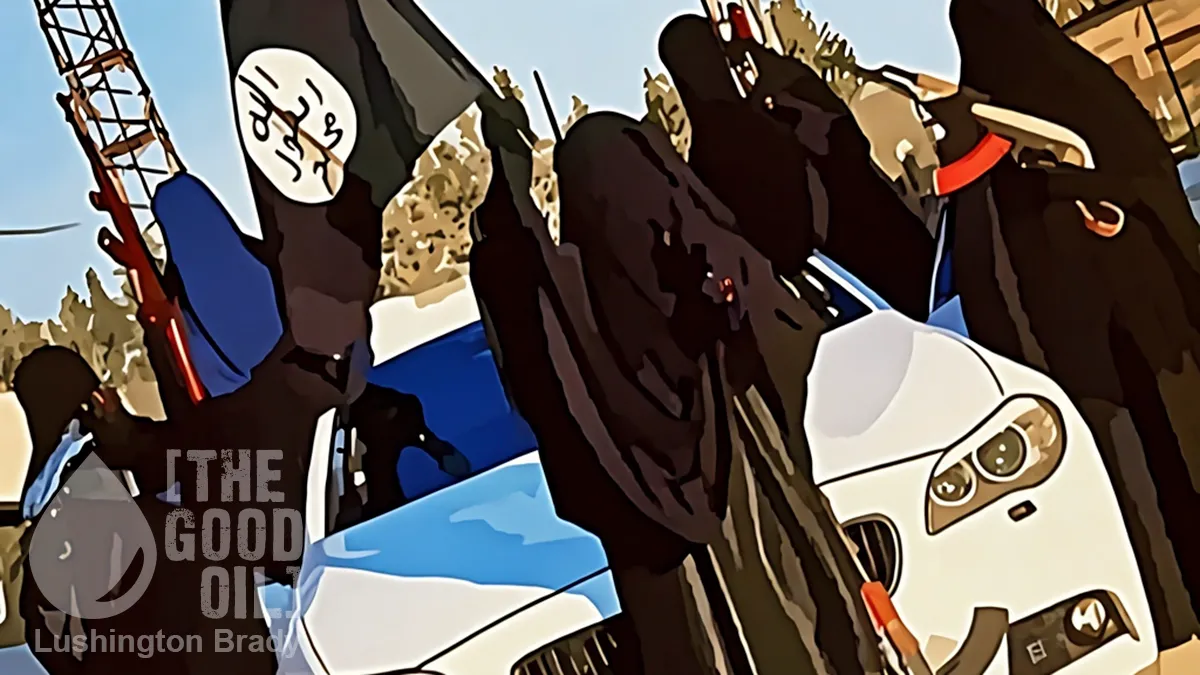Table of Contents
In 2013, the Gillard Labor government tried to impose a new regime of censorship on the Australian mainstream media. A lot has changed in the last 10 years – but not the Australian left’s determination to tightly control information. In 2023, the Albanese Labor government is at it again.
What has changed in the last decade is that the mainstream media are not only fast fading into irrelevance, but aren’t even pretending to be anything other than bootlickers of the post-pandemic state. So the target of the left’s censorship zeal this time isn’t the mainstream media, but new media.
That’s the real motive behind the government’s attempt to impose a new system of regulation on global technology platforms such as Twitter, YouTube and Facebook. It’s not coincidental that those three are also the most prominent platforms that new media sources use to reach their audiences.
That aside, the sheer chutzpah of politicians and the mainstream media is beyond belief.
“Misinformation and disinformation poses a threat to the safety and wellbeing of Australians, as well as to our democracy, society and economy,” [Communications Minister Michelle Rowland] said. “A new and graduated set of powers will enable the [Australian Communications and Media Authority] to monitor efforts and compel digital platforms to do more, placing Australia at the forefront in tackling harmful online misinformation and disinformation.”
The Age
This is coming from the same people who not only openly lie to the public, but specifically give themselves a free pass to do so.
Neither the national complaints body for advertisers nor the federal communications regulator assess the factual content of political ads […]
Experts told Fact Check there was no broad law that directly addresses the content of political ads.
Such a law existed – briefly – in 1984, after the Hawke government amended the Electoral Act to ban “any electoral advertisement containing a statement: (a) that is untrue; and (b) that is, or is likely to be, misleading or deceptive”.
The amendment was repealed that same year, having never seen an election.
ABC Australia
If that’s not enough, the national broadcaster, which all Australians are forced to pay for whether they watch it or not, is no slouch in the misinformation stakes, either.
For instance, its supposedly flagship investigative journalism program, Four Corners, ran three successive weeks of coverage on supposed “Russian collusion” by the Trump White House. Not just any report, either: it trumpeted it as “the story of the century”.
We now know for a fact that the entire story was a hoax.
But if you relied on the ABC, you wouldn’t know that. While the taxpayer-funded broadcaster appears to have quietly removed some episodes of the Four Corners series, it’s never published a formal retraction, let alone an apology for misleading Australians.
Even when it’s caught out and rapped over the knuckles by the Australian Communications and Media Authority (ACMA), the ABC’s response is to attack the watchdog rather than admit wrongdoing.
Will the Albanese digital censor fine the ABC for “harmful misinformation”?
Will the Ministry of Truth fine politicians for lying?
Or will it just be a bludgeon of censorship against an upstart new media which, unlike the lickspittle mainstream media, really does speak truth to power?









